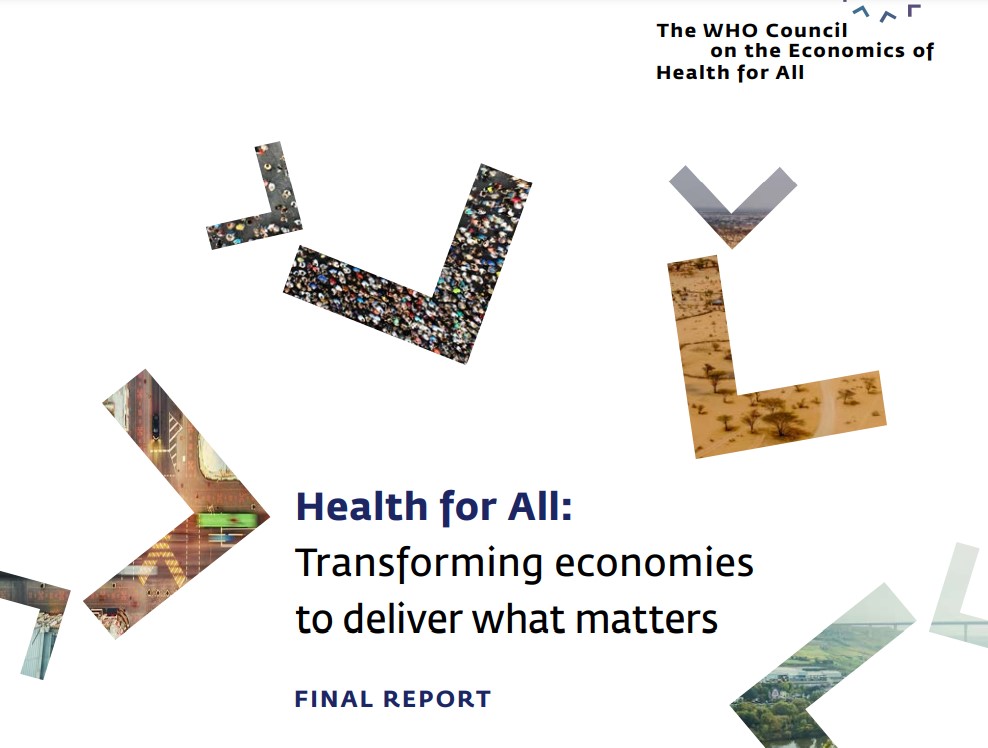The WHO Council on the Economics of Health for All has issued a report on its activities at the one-year mark, half-way through its mandate.
The COVID-19 pandemic highlighted and worsened global health and economic disparities. WHO estimates 14.9 million excess deaths due to COVID-19, and the World Bank projects an additional 75 to 95 million people living in extreme poverty by 2022 because of the pandemic, inflation, and the war in Ukraine. Structural inequalities played a significant role in how countries managed these crises.
In response, WHO’s Director-General Tedros Adhanom Ghebreyesus formed the Council on the Economics of Health for All in 2021, led by Professor Mariana Mazzucato. The Council’s mission is to rethink the relationship between economics and health to promote well-being for all. They aim to develop a new global economic approach prioritizing health, inclusivity, equity, and sustainability.
The Council’s Manifesto emphasizes the interdependence of health and the economy, the necessity of health for economic resilience, and the importance of shaping investments to achieve global health goals. They produced foundational briefs assessing global health architecture and proposed a framework to reorient economies towards health.
The Council advocates for valuing planetary health, promoting social equity, and ensuring human well-being. They call for increased, transformed, and redirected health funding, viewing health as an investment rather than a cost. The Council also stresses the need for strong public sector capacity to manage health emergencies and promote health in all policies.
The Council aims to influence international financial institutions and governments, emphasizing that health financing is a strategic investment essential for economic resilience and equity. Their final report in May 2023 will provide comprehensive recommendations for various sectors to support Health for All.

